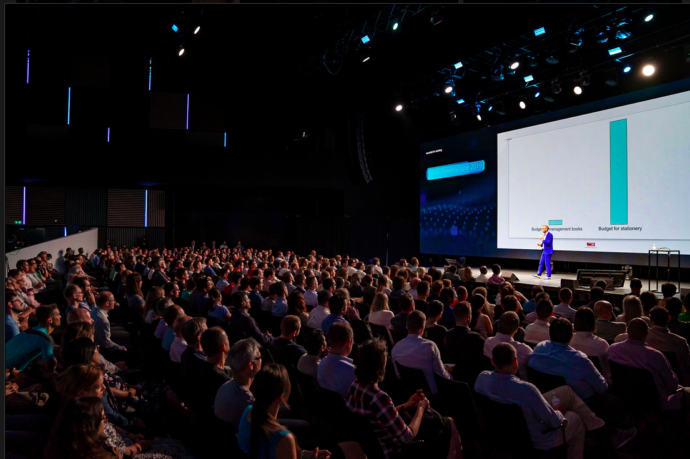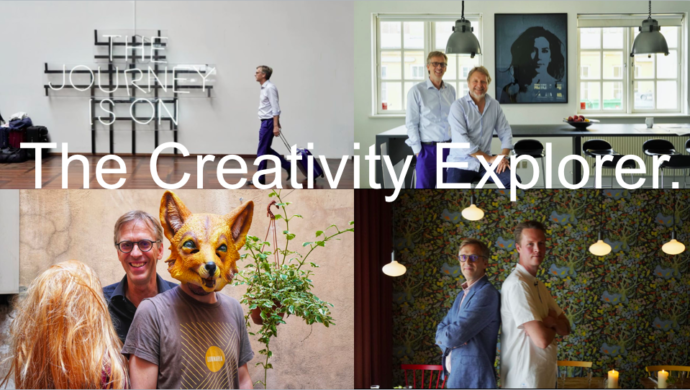
Normally on ProfessionalSpeaking.com I write about the things I do or have learnt about becoming a global keynote speaker.
Today I will write about one thing I DO NOT do, but plan to become better at.
I am talking about “batching”.
I have committed myself to write one blog post for ProfessionalSpeaking.com every Monday, and virtually every Monday I have done it for the last five years. But the last two Mondays (and a few others) I have missed it. Not because I did not have anything to say, but because life got in the way. (I traveled Singapore – Zurich – Copenhagen – Stockholm in the last ten days with 3 speeches and 7 interviews being done during these ten days.)
IF (!) I would have created a library of “back up posts” I could have posted one of those when I did not find the time to write a new post of the week.
But because I do not have a library of back-up posts I did not post anything these last two Monday.
By writing this post I am hoping to not only inspire you to create a series of blog posts that you can have as a back-up but also to inspire myself to do the same.
Hopefully this will lead to more posts being posted on Mondays as planned.
(And for those who are by now used to getting posts on professional speaking every Mondays: Do accept my apologies.)
(Picture from one of the events I spoke at last week.)

